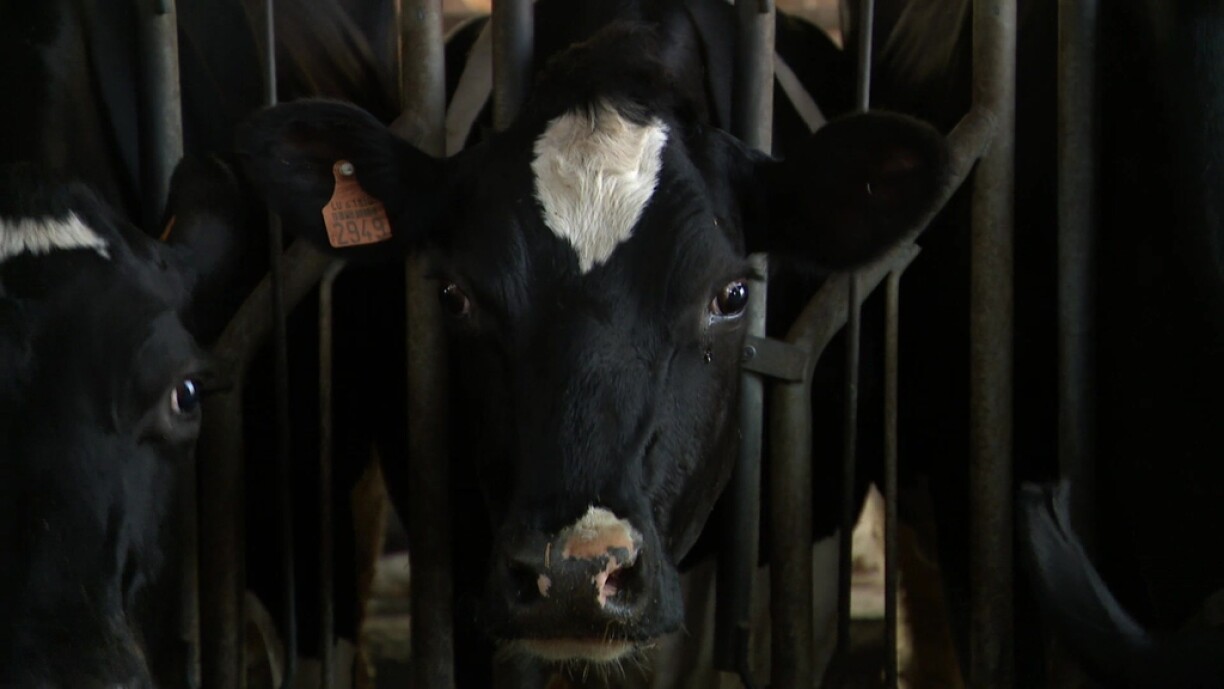
Bluetongue disease manifests with symptoms such as high fever, runny nose, and watery eyes. In addition to sheep and goats, dairy cows have also been affected, leading to a significant decrease in milk production.
Nico Kass, a farmer from Rollingen near Mersch, reported that several of his dairy cows, which were grazing in the meadows, gave birth prematurely. Blood tests confirmed that three of these cows had contracted bluetongue disease. Tragically, two of the three calves died within two days. Kass observed that the virus had spread to other cows, particularly those that produce high volumes of milk or are more sensitive.
Currently, between 10% and 20% of Kass’ dairy cows are infected, leading to an estimated monthly loss of €3,000 due to reduced milk production. Additionally, the farm has incurred around €1,000 in pharmaceutical costs, despite efforts to minimise the use of medication. Kass noted that his daily work hours have increased by about two hours. As a supplier to Luxlait, his milk is now subject to testing before being accepted by the cooperative, and any rejection would result in further financial losses.
Additionally, cattle exports from Luxembourg have been restricted, with animals currently barred from being exported to countries where bluetongue disease has not yet been detected.
The agricultural sector is growing increasingly frustrated as the disease continues to spread. Since 1 August, 492 animals have tested positive for the virus, with cattle being the most affected, followed by sheep and goats.
The vaccination campaign, which began about three weeks ago, has yet to show significant results. Experts caution that it is still too early to see the impact, especially since the animals require a booster shot to achieve full immunity.
Dr Carlo Dahm of the Luxembourg Veterinary and Food Administration (ALVA) noted that the typical period for bluetongue outbreaks is usually between August and September. However, the recent wave of infections has shown signs of starting earlier than expected. Due to this unusual pattern, Dr Dahm warns that there is no certainty that the infections will cease by September.
Bluetongue disease is transmitted through mosquito bites and poses no risk to humans.
Full report by RTL Télé (in Luxembourgish)